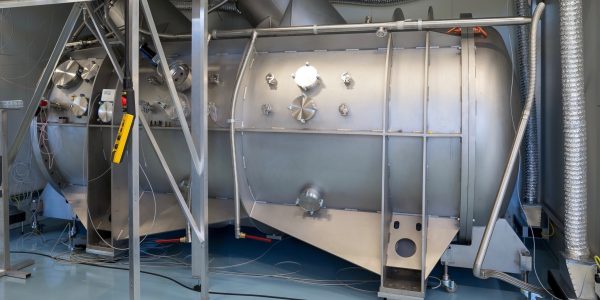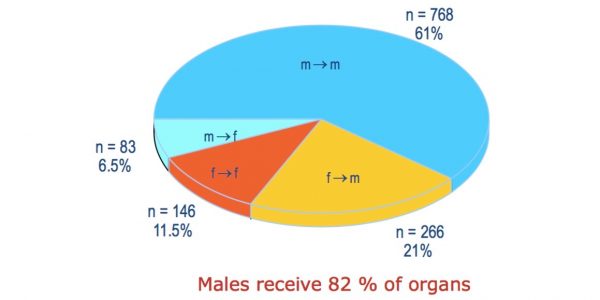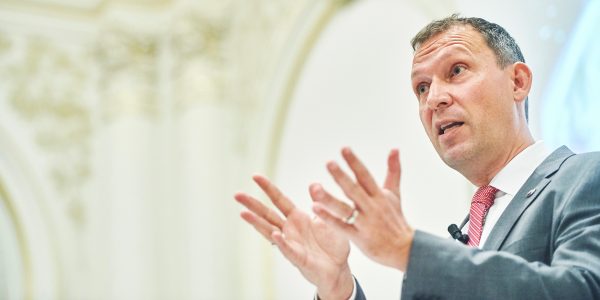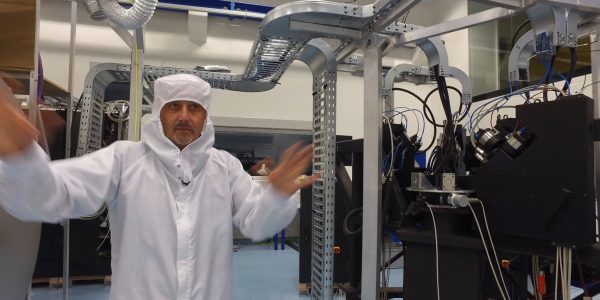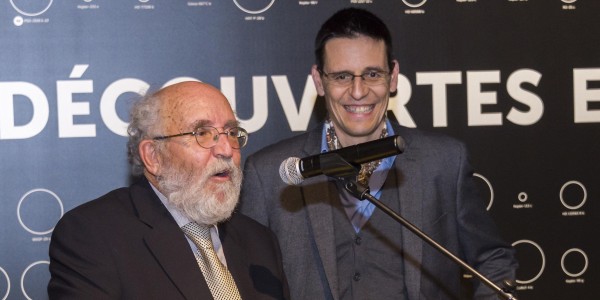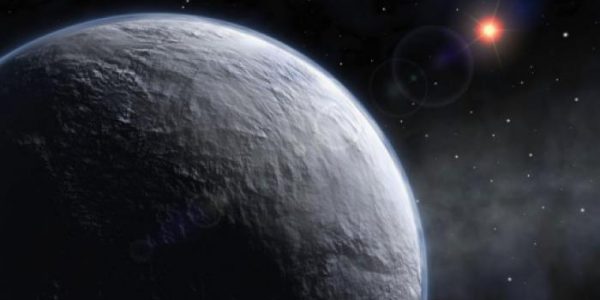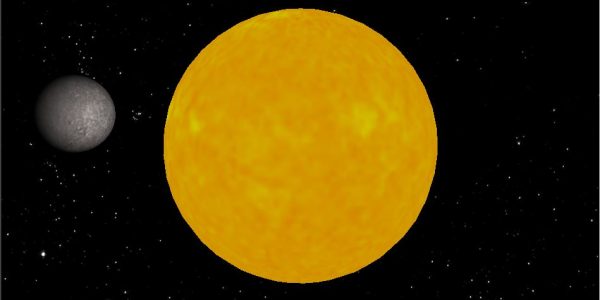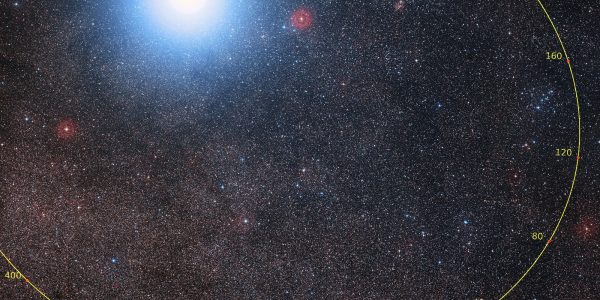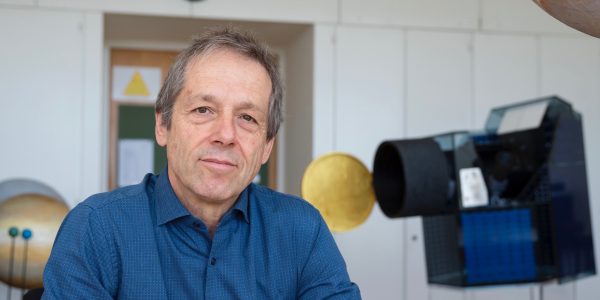News
ESPRESSO’s schedule
ESPRESSO, the super spectrograph that should be able to measure masses of exoplanets as small as the Earth, is soon ready to be bundled for its final destination: the VLT in Chile. This successor to HARPS, which as its famous predecessor was built at the Geneva Observatory, will undergo its first tests early March in […]
Continue ReadingHeartbreaking disregard of female perspective
In the last edition of the InsiderS, I reported on gender bias in evaluating grant proposals, as heard during a gender conference (http://nccr-planets.ch/gender-bias-erc-grant-evaluation/). Read here about some surprising insights concerning the gender dimension in academic research. By Nadine Afram This is from an interesting presentation about ‘gender equality and the gender dimension in academic research’. […]
Continue Reading10 times denser than gold
An international team of astronomers led by Dan Bayliss of the Observatory of the University of Geneva and member of PlanetS discovered a brown dwarf, an object that is neither a star nor a planet, with a density never seen before. Ten times denser than gold! The measured density of the brown dwarf EPIC201702477b is […]
Continue Reading“The University of Bern has given me a lot”
As science director of NASA, Thomas Zurbuchen is one of the world’s most influential scientists. In January 2017, he visited the University of Bern, where he studied and gained his PhD in physics. He talked about his work in a public lecture. “It’s great to come across an instrument that we have talked about for […]
Continue ReadingPlanetS researchers on Euronews
The multilingual news channel Euronews visited the Observatory of Geneva and reports in the new edition of its programme called Space about “Hunting earth-like exoplanets”. Have a look: http://www.euronews.com/2017/01/26/hunting-earth-like-exoplanets http://www.euronews.com/programs/space
Continue ReadingMayor and Queloz laureates of the Wolf prize
Professors Michel Mayor (Faculty of Sciences UNIGE) and Didier Queloz (Faculty of Science UNIGE / Cambridge University) both members of PlanetS share the Wolf Prize for Physics 2017. This distinction, considered one of the most prestigious after the Nobel Prize in physics, Is attributed for their discovery of the first extra-solar planet in 1995, while […]
Continue ReadingThe atmosphere of Proximab
In an article published in A&A early January, a team led by Christophe Lovis of PlanetS shows that it would be possible to analyze the atmosphere of Proximab, the exoplanet closest to Earth, using existing instruments. The discovery last August of Proximab, the planet orbiting the closest star to the Sun, had caused a sensation. […]
Continue ReadingPSR B1257+12
PSR B1257+12 est un système spécial pour plusieurs raisons. Tout d’abord, l’étoile centrale, découverte par Aleksander Wolszczan en 1990 [1] et nommée Lich depuis décembre 2015 [2], est un pulsar. Même si Lich est 1,4 fois plus massif que le Soleil, son rayon n’est que de 10 kilomètres ! Ensuite, ce système fut le premier […]
Continue ReadingIt’s confirmed, Proxima b has three suns
A team of astronomers including Christophe Lovis, member of PlanetS, confirmed in a press release distributed by ESO that Proxima is gravitationally bound to its neighbors Alpha Centauri A and B. Since the discovery of Proxima in 1915 its proximity in the sky with Alpha Centauri and the similarity of their distance to the Sun […]
Continue ReadingEducation and outreach
Dear Reader, Many of you probably remember some privileged moments in your youth when you had a special encounter with science and perhaps thought, be it only for a short moment, that this could be something fun to do in life. Hard to predict what triggers these moments, perhaps reading a book, visiting a museum, […]
Continue Reading
